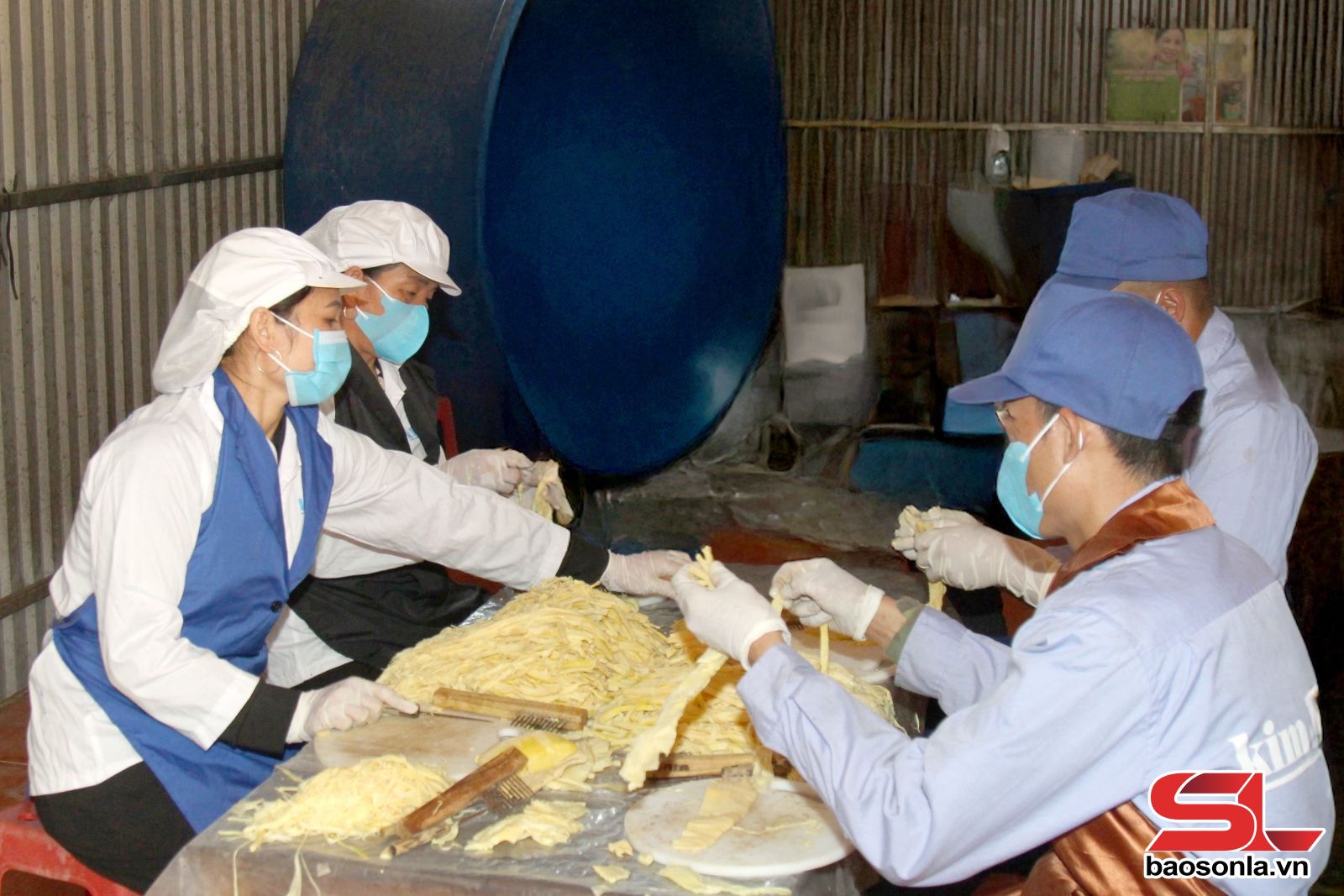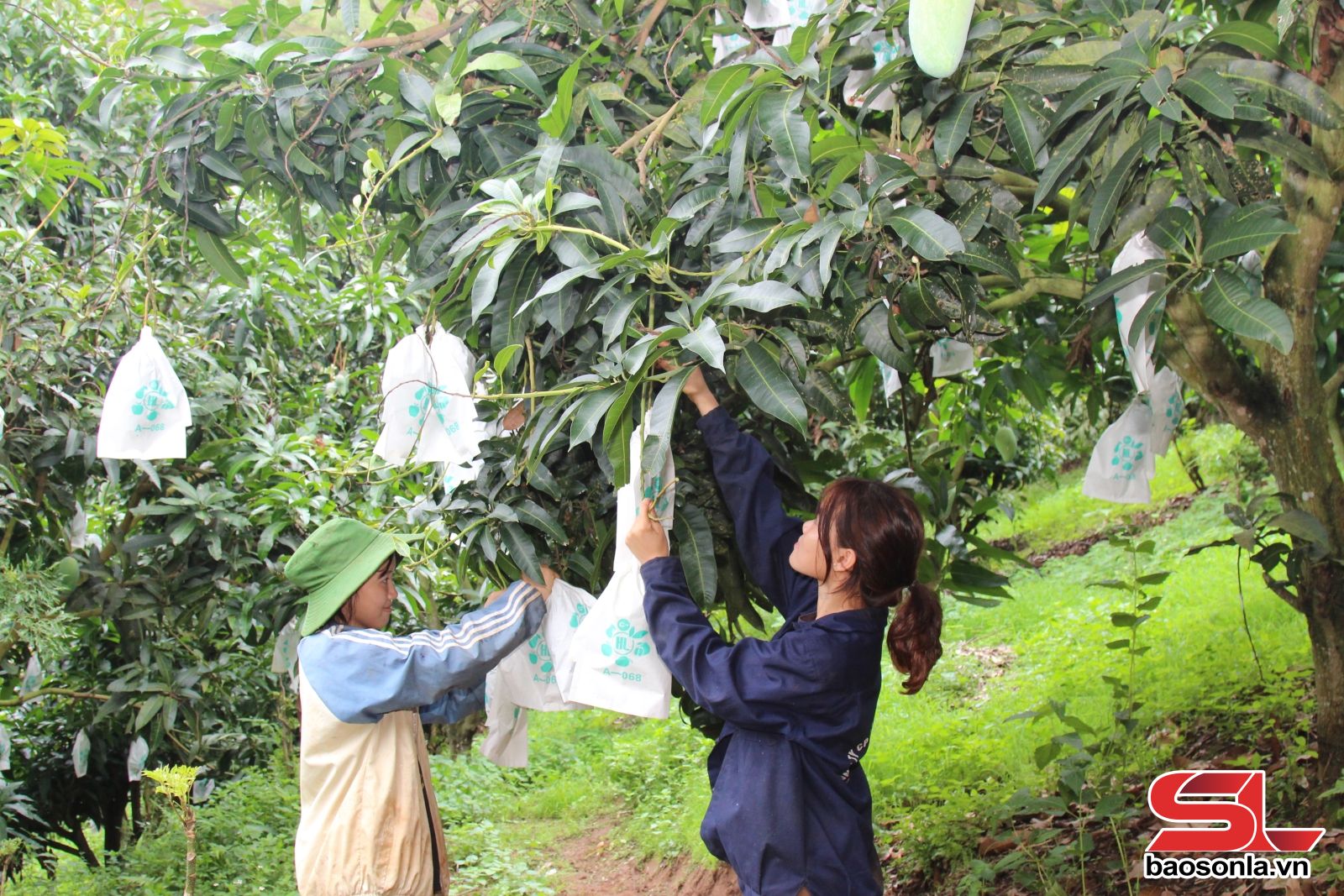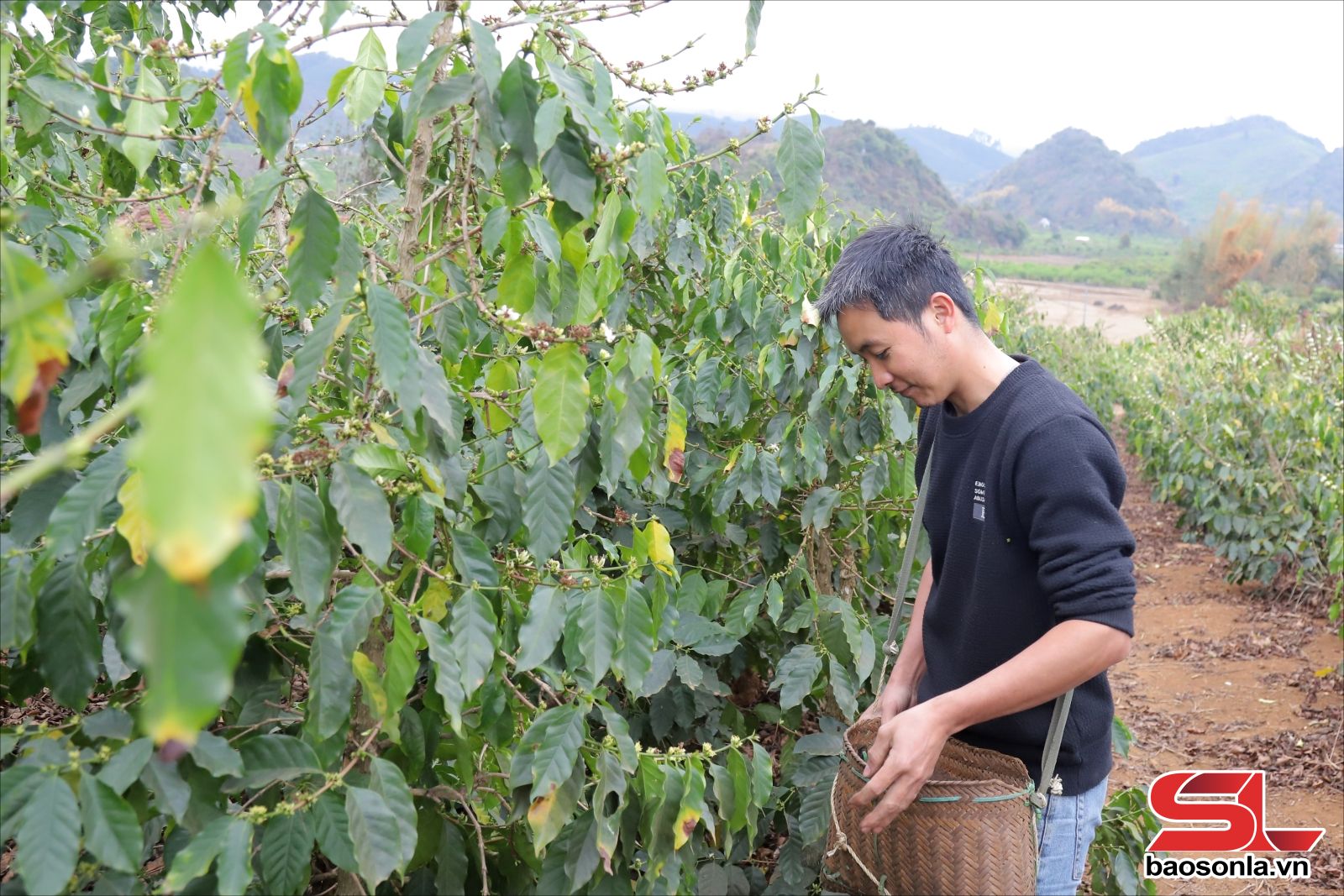

The Sub-Department of Cultivation and Plant Protection under the Provincial Department of Agriculture and Environment is responsible for managing the issuance of growing area codes for export. It actively supports businesses, cooperatives, and households in adopting VietGAP standards in agricultural production, thereby contributing to the creation of safe, high-quality products that meet export requirements.
According to Ho Trung Kien, Director of the Sub-Department, the agency has reviewed and assisted cooperatives and enterprises in completing the legal documentation necessary to obtain export growing area codes. Since the beginning of 2024, the province has issued 10 new codes, covering over 177 hectares of crops including bamboo shoots, vegetables, strawberries, coffee, and rice. It has also proposed two new growing area codes for 25 hectares of mango cultivation targeting the Chinese and RoK markets, and authorised the use of export codes for five additional areas growing mangoes, bananas, and man hau (a native plum variety).
The Sub-Department has also strengthened the monitoring of 211 growing areas and 11 packing facilities. It has revoked growing area codes from nine sites due to crop conversion, as well as from three packing facilities that no longer met technical requirements. Currently, the province maintains 213 valid growing area codes for fruits, strawberries, bamboo shoots, and coffee serving export markets in China, Europe, and Asia, along with eight certified packing facilities that comply with all relevant import standards.

Tan Xuan Cooperative, based in Van Ho district, has expanded both its planting area and market reach since it was granted a growing area code. Director Ha Thi Cuc stated that after 10 years of operation, the cooperative now cultivates 64 hectares of bat do bamboo shoots, collaborates with four farming groups. It has signed purchasing contracts with 288 households. Its total material area reaches over 147 hectares. In 2024, the cooperative exported 2.7 tonnes of shredded salted bamboo shoots to Taiwan and 50 kg of dried bamboo shoots to Japan, and sold over 3 tonnes of organic bamboo shoots in the domestic market.
In Song Ma district, local authorities have directed specialised units to support cooperatives and households in developing qualified fruit-growing areas for export. Since the beginning of the year, the district has received an additional mango growing area code for 10 hectares, bringing the district’s total to 49 certified codes for fruit trees.

Having recently received a growing area code for mangoes, Nguyen Van Vuong, Director of the Song Ma Mango Agricultural Service Cooperative in Hung Mai hamlet, Na Nghiu commune, said the cooperative has eight members cultivating 10 hectares of mangoes. It has asked all members to adhere to safe production processes in line with VietGAP standards. Only organic fertilisers and biological products are used for pest control, helping to improve both yield and fruit quality. The cooperative has prepared around 90,000 fruit protection bags for the new crop, ready to ensure high-quality mangoes that can reach wider markets.
The diversification of growing area codes and certified packing facilities has strengthened the competitiveness of Son La’s agricultural products. It has opened up greater opportunities for local produce to reach out to international markets, contributing to local sustainable economic growth.






















You have 500/500 characters left
Please enter 5 or more characters!!!